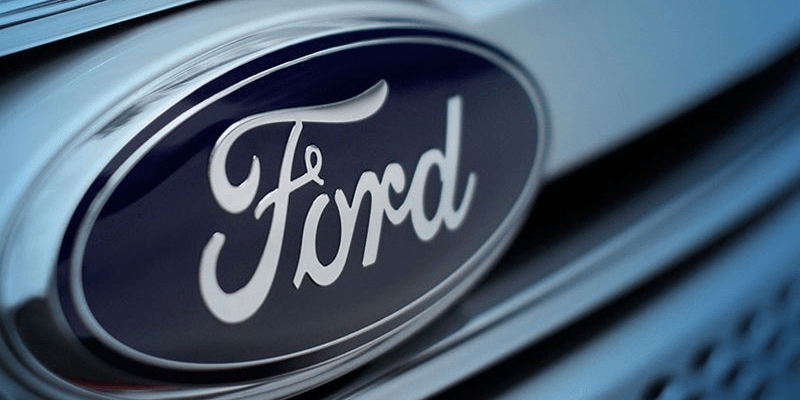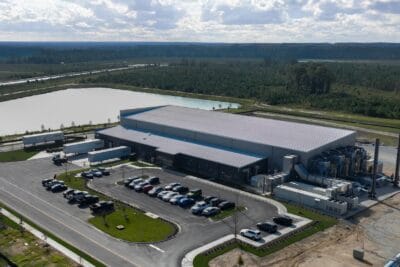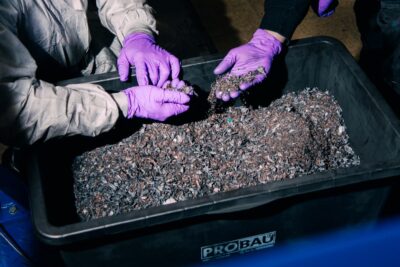Ford is securing battery resources through partnerships
Ford has confirmed it is currently negotiating several partnerships to secure most of the nickel it needs until 2026 and beyond. Ford has also signed several important contracts for the procurement of lithium.
At the end of last week, Ford had already announced that it had secured all the battery cells it would need until the end of 2023 – and that it had already secured 70 per cent of the battery cells needed for its planned electric cars until 2026. In the course of this, Ford also published a list of mining companies with which it has concluded letters of intent for nickel and lithium.
In North America, Ford will explore “opportunities across the EV value chain” with Vale Canada, according to the carmaker’s statement. In Asia, Ford, PT Vale Indonesia and China’s Huayou Cobalt are exploring a “three-way nickel processing project” – Ford is not yet giving details. In addition, there is to be a separate off-take agreement with Huayou, which in future will grant Ford rights equivalent to 84 kilotonnes of nickel per year (ktpa).
In addition, Ford says it is negotiating with Australian mining group BHP to purchase nickel from BHP’s operations in Australia. “The multi-year agreement being sought could start as early as 2025 and include additional raw material supplies over time,” Ford said. However, no figures are given.
With companies like Vale, Huayou and BHP, Ford has secured high-quality partners in nickel. BHP, for example, has already concluded purchase contracts or agreements with Tesla and the Toyota joint venture Prime Planet for nickel from Australian production. Huayou is one of the most important suppliers of battery raw materials, and the company has numerous partnerships with carmakers and battery cell manufacturers – two joint ventures are to be set up with VW in China.
Ford has also signed several major lithium sourcing contracts. In addition to the recently announced volume in Western Australia secured through Liontown Resources, Ford has also signed a non-binding letter of intent with Rio Tinto to explore a “significant lithium offtake” from the Rincon project in Argentina. The focus of the MOU is actually on sourcing aluminium and copper.
In addition, Ford also wants to push ahead with the processing of important battery materials in North America. To this end, there are some partly binding, but also still non-binding agreements by Ford and battery partner SK On respectively. EcoPro BM and SK On have entered into a non-binding letter of intent with Ford to establish a cathode production facility in North America. Ioneer has signed a binding offtake agreement with Ford for lithium carbonate from Ioneer’s Rhyolite Ridge project in Nevada. Compass Minerals has entered into a non-binding letter of intent for lithium hydroxide and lithium carbonate from its Utah operations at Great Salt Lake. Syrah Resources and SK On have signed a non-binding letter of intent to secure the off-take of natural graphite from the Vidalia processing site in the US state of Louisiana.





1 Comment